I am often questioned why veganism is not part of Crate Free USA’s strategy. After all, we are an animal welfare organization.
What my vegan questioners usually don’t realize is that they’re asking someone who shares their lifestyle. I bring Beyond Burgers into restaurants so I can get my protein. I buy faux leather stuff. I bring Tofurky to Thanksgiving dinner and have to promise not to make my family feel guilty about eating turkey.
Help Animals by Reducing Meat Consumption and Buying Humanely Raised Meat
While these are my personal choices, I knew from the start that I wanted Crate Free USA to be a more mainstream organization. Rather than trying to transfer my convictions to others, my strategy was to influence as many people as possible to reduce meat consumption and commit to buying humanely raised products. Instead of meat seven days a week, throw in a plant-based meal a few times a week. Rather than going to the grocery store to pick up a Hormel ham, find a local farm where the animals lead natural lives and see the light of day.
While our practical approach may not be perfect, we offer a framework that’s workable for most people who have yet to adjust their eating habits to benefit farm animals.
Things like:
- Educate yourself about the treatment of animals on factory farms. Learn about gestation crates and battery cages, mutilation practices like beak cutting and cow tail docking, and laws regulating slaughter methods.
- Help empty the cages at factory farms by consuming less meat and buying from local farms where the animals are pastured-raised.
- Support organizations (like us!) that are working to ban the extreme confinement of farm animals.
I believe we’ll change more minds by letting people reduce farm animal suffering in their own way, at their own pace.
More than one way forward
According to a new report from the U.S. Department of Agriculture, the average consumer will eat 222.2 pounds red meat and poultry this year. From a tactical perspective, getting hundreds of thousands of these consumers to simply reduce their meat consumption by 20 or 30 percent can spare hundreds of millions of animals from factory farms and slaughter plants – far more animals than convincing much fewer people to become vegetarian or vegan.
While veganism may be my personal choice and is clearly a way forward it is not the only way forward for farm animals.
Crate Free USA is made up of omnivore, flexitarian, reducetarian, vegan, and vegetarian volunteers. We’re all in it together to create change for farm animals. To those who question us, we’re not undermining the goals of veganism. We’re comfortable with the concept of “humanely raised” animals because we see it as part of the larger process to protect America’s farm animals today. Let’s all stay focused on measuring our collective progress rather than squabble on whose approach is more perfect.
Now let’s go change some minds!
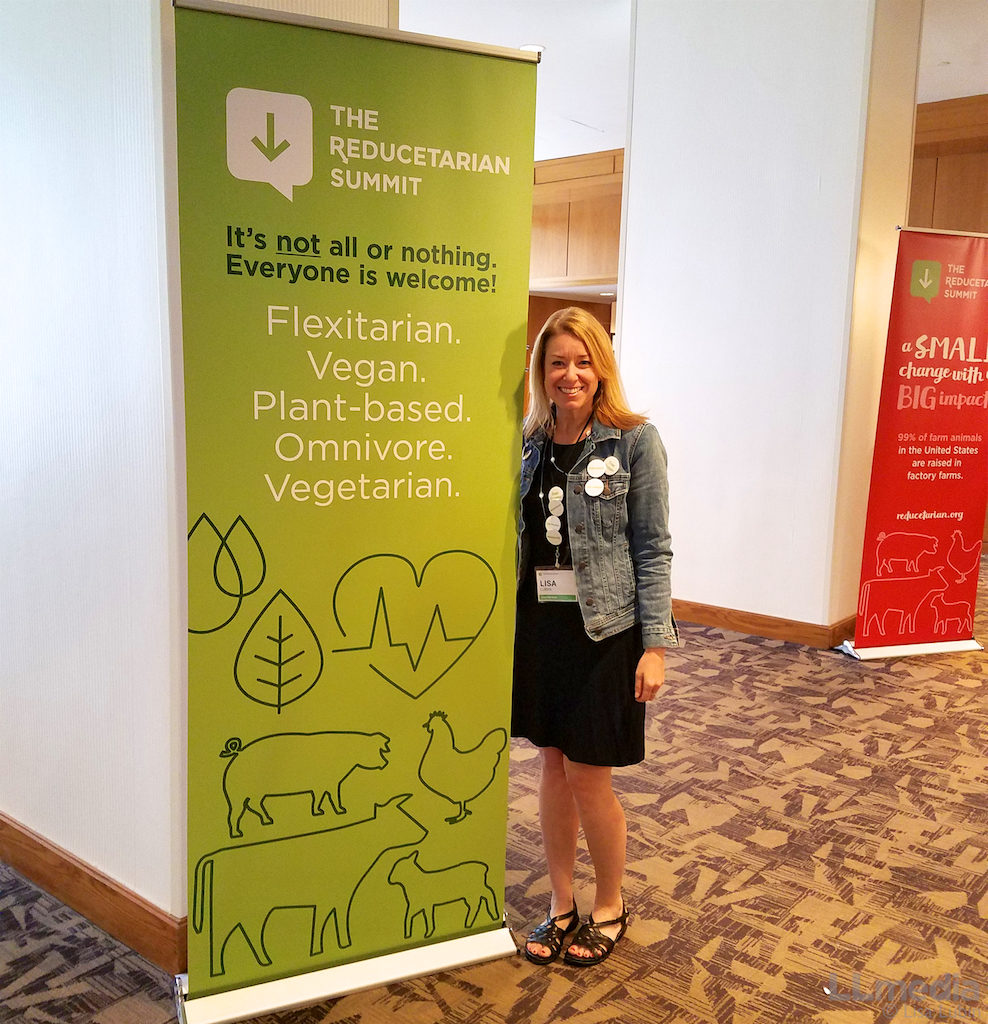
Yes to this message! One of our volunteers at the Reducetarian Summit 2019 in DC
Jessica Chipkin is a veteran public relations consultant, strategist and writer specializing in technology innovation and corporate social responsibility. A longtime animal welfare and political activist, she is founder and president of Crate Free USA.
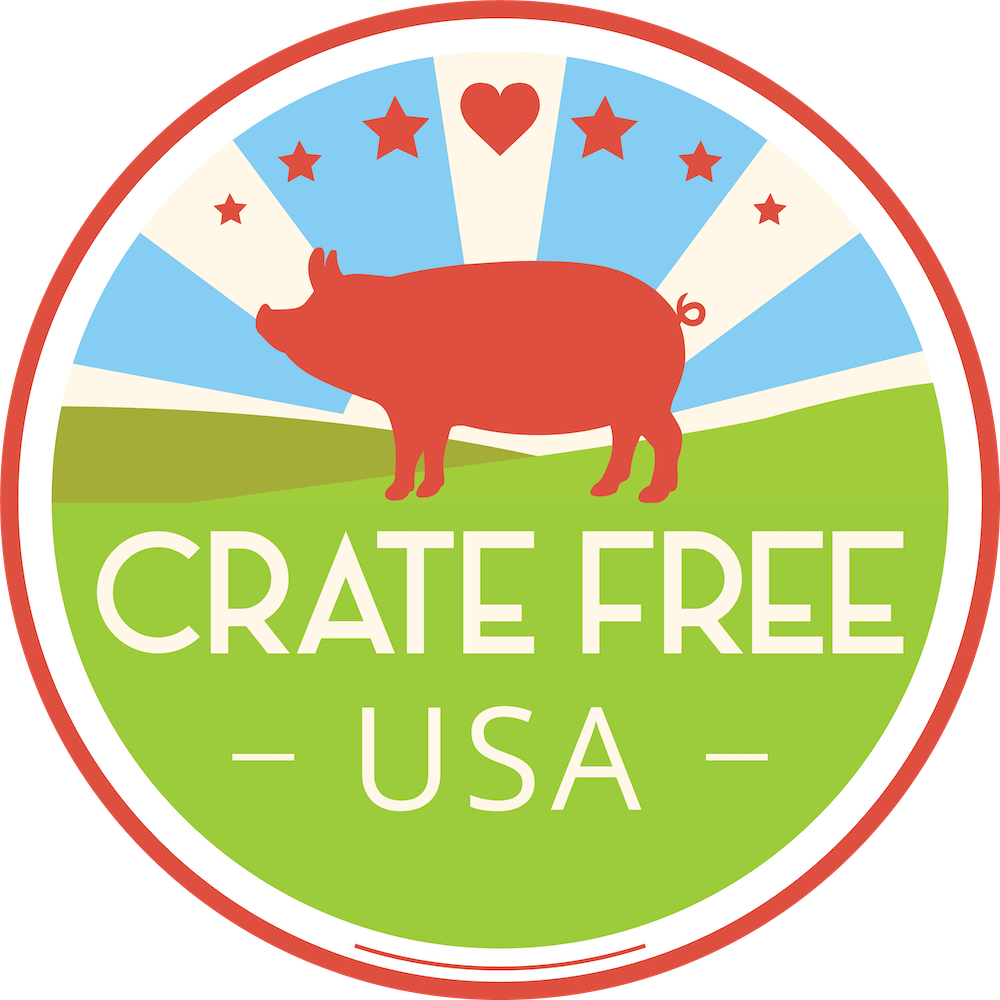
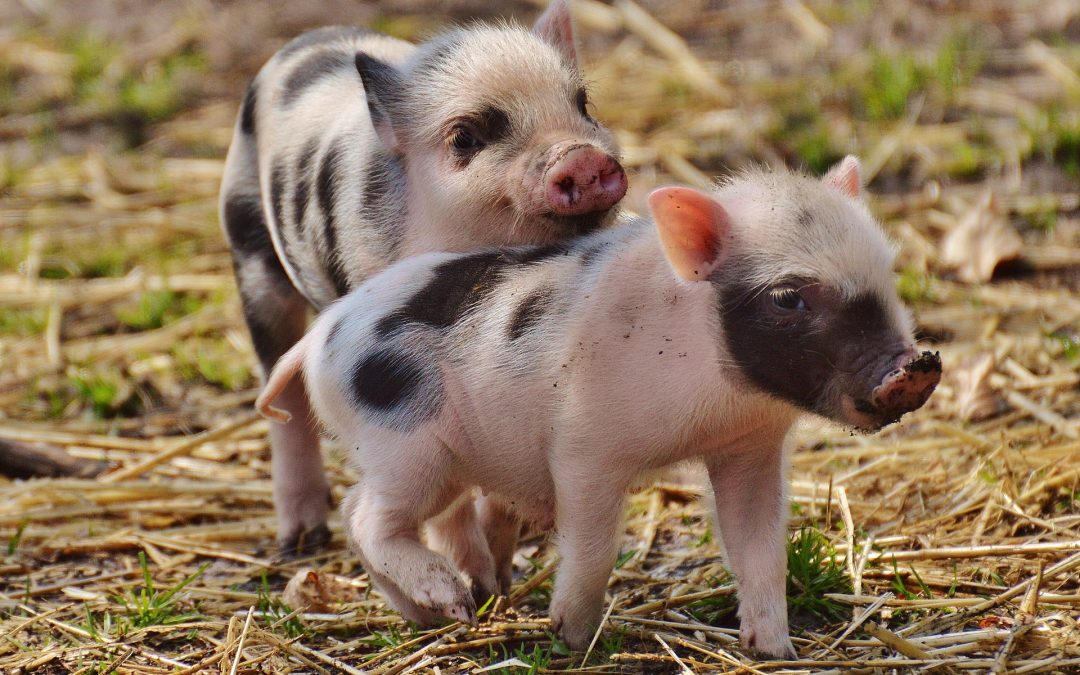
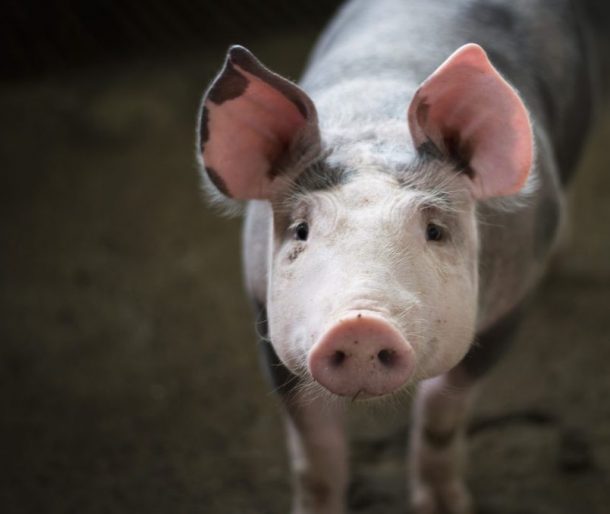
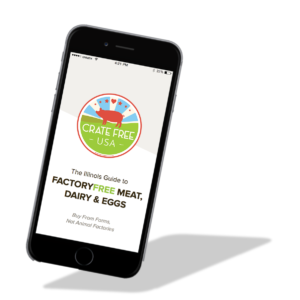
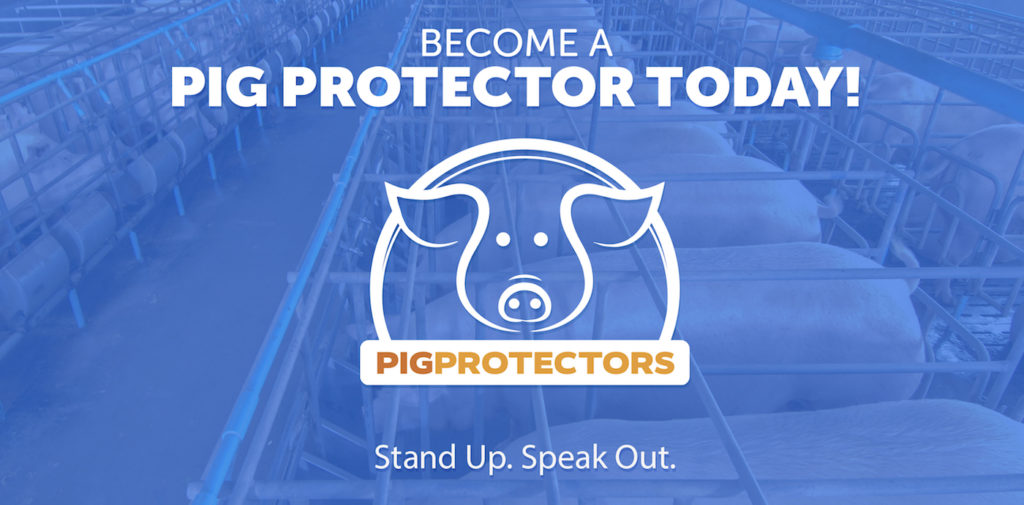
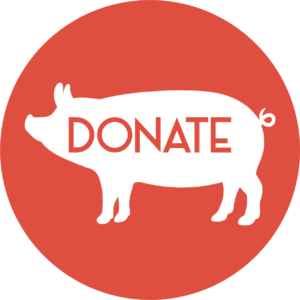
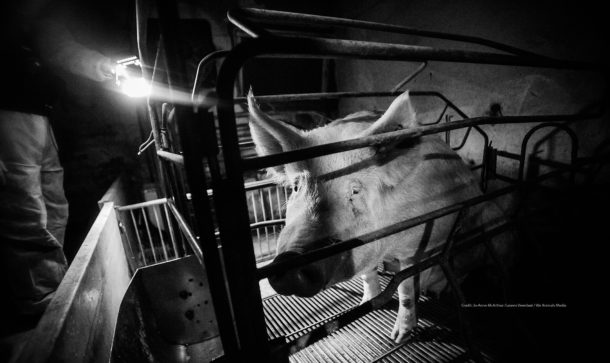
Trackbacks/Pingbacks